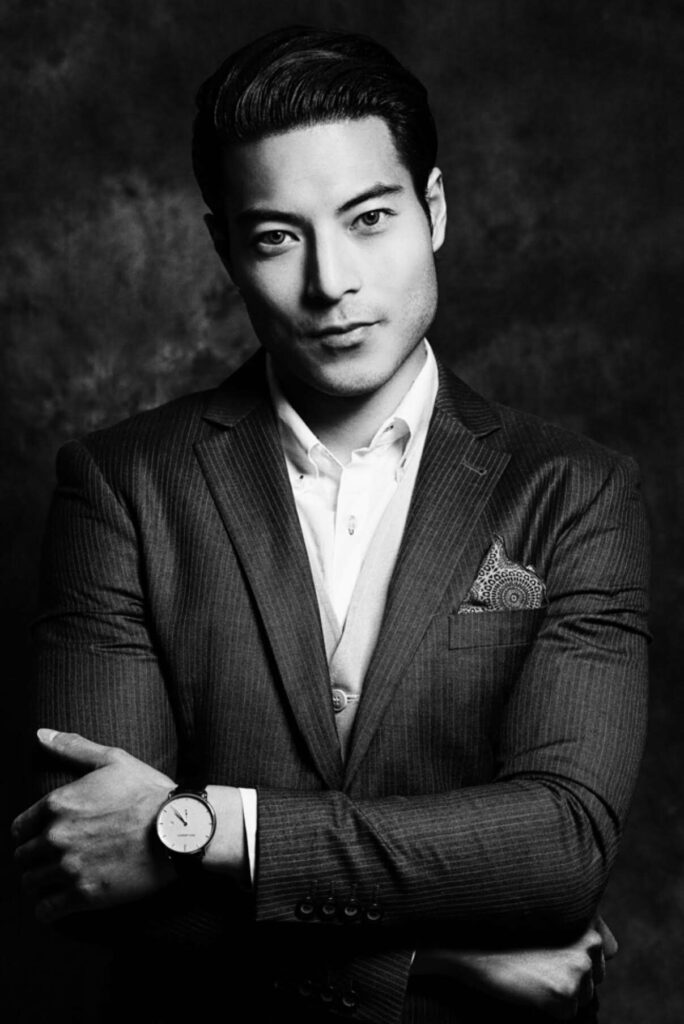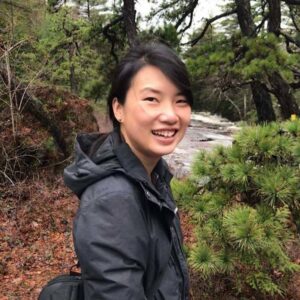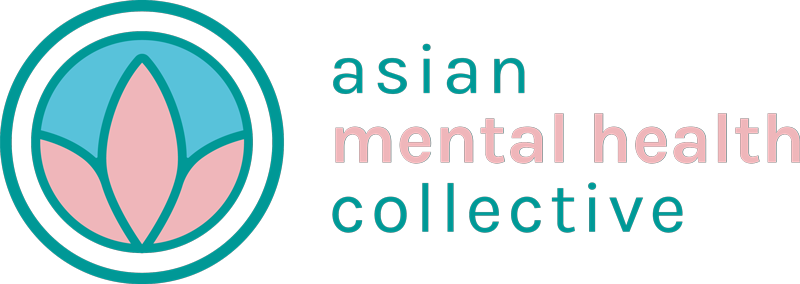By: Kelly Ng
Amidst gigs drying up and persistent lockdowns, art and media practitioners across the world have found themselves in a tough spot due to the Covid-19 pandemic. While we are not out of the woods yet, some have recognized the larger psychological pandemic that this age of anxiety and the ongoing recession can fuel.
The Asian Mental Health Collective hears from actors An Phan (based in Los Angeles, USA) and Chase Tang (based in Ontario, Canada) on their thoughts about mental health.
An Phan
Vietnamese-American actress, An, was born and raised in Arkansas by parents who immigrated during the time of the Vietnam War. She moved to Los Angeles to pursue acting, and has since written, produced and starred in various films.

How have been spending your time amidst lockdown and quarantine restrictions?
This happened to be the year when I decided to take up a healthcare license – as you imagine, most actors don’t just do one thing, we often try to do something extra or more stable, while pursuing passion projects on the side. So I have just started helping hospice nurses care for senior residents when the pandemic struck.
When I got this job, I wanted to do just the bare minimum, like very “light work,” but this pandemic has really changed my life. All of a sudden, I would be exposed to what happens when workers don’t come into work. I started pulling hours from 9pm to 9am. I saw a ton of residents, I’d lost count, who were declining but couldn’t see their families because we wouldn’t allow their families to come and visit them. And I watched someone die in front of me. It was devastating. It was like watching a family member, someone you had taken care of for quite a long time, pass away.
How has the pandemic affected your acting friends and colleagues, broadly speaking
Many of my friends are not getting any jobs because the show business is closed. Many of them are bartenders and waitresses, but they aren’t getting any jobs on that front, too. Some have had to move back to their hometowns and home countries, and they have been crying to me, “I don’t know what happened. I planned everything out and now I’m locked in.” Compared to them, I’m definitely not even in a position to grumble right now.
And you find yourself serving as a listening ear to your friends during this time? How do you be a source of support for them?
There are about four or five of them who call me each week to talk about their situations. One, for example, has an 88-year-old elderly dad, so my friend feels like she can’t work for fear of bringing back something to her father.
I try to listen and speak to them with a lot of empathy and understanding. I think society tends to teach us to be self-dependent, with mindsets like “I have to figure things out.” But in my professions of acting and healthcare, I learn a lot of empathy, which is also very important in life. I learn not to come from a place of judgement. For example, if somebody has cancer, you never want to say things like, “Your cancer is not as bad as his or her cancer.”
Both my parents arrived in the US during the Vietnam War and I have watched my father suffer from post-traumatic stress disorder. We lived in very humble conditions but as with many Asian families, mental health was never taken as seriously as it should be.
But that’s also why now, and all the more in crises like these, I see opportunities for us to come together and support one another. I think the pandemic definitely still shows that the minority communities are very strong and we are rising together.
Chase Tang
Born in Taipei, Chase’s family migrated to Canada when he was a child. Chase left a successful corporate job to follow his passion for the movie industry. He landed his first major role as the villain Baryon in Netflix superhero series Jupiter’s Legacy, set to air sometime in 2020.
Tell us more about your journey with mental health. What made you such an advocate? Were their personal stories that motivated you to it?
I had myself experienced depression twice in my life. The first time was when I was about 13 or 14, I used to be a high-level hockey player and all my life, my whole dream was to play in the NHL. But it didn’t work out. When my hockey career didn’t go well, I started experiencing all these emotions, it’s like you don’t know who you are anymore.
The second time was in 2015, when I was working in the corporate world. It must have been the worst time in my life, the hardest four or five months. I was under tremendous stress and had suicidal feelings and thoughts.
Fortunately I was able to develop methods to carry myself out of these pits. I had to reverse engineer my whole life, and this step-by-step approach is something I am passionate about and want to share with others.

Do you think it’s still a taboo in Asian cultures to seek help for mental health?
Yeah, psychological help and therapy has traditionally been more of a Western culture thing. Asians tend to hold on to these things – like if you are unhappy, stressed, just deal with it. I’ve heard my mom and my dad say that to us, “that’s life.”
My mom herself has been battling mental illness for the past eight years. She’s also divorced, and six months ago she converted to be a Buddhist monk. For me, she is a prime example of how mental health awareness/help is foreign to many in the Asian community. Their mindset is, this is my life and you cannot do anything about it.
Did you experience it personally when you sought psychological help?
Not really because the first time I experienced a massive anxiety/panic attack, at that time, it was my mom who suggested and she was open for me to go see a psychologist. But she is not open to do so herself. It’s been so many years since I’ve asked her to look at things differently, but she’s held on to this “I know what I’m doing” mentality.
Most recently she’s taken to Buddhism (and believing it) will be helpful for her.
How does being an actor also help you to be a voice for mental health awareness?
What are your ongoing and upcoming projects in the mental health realm?
I think being an actor and having a presence in Hollywood has given me a strong following. I have a certain star power to bring to the table. But the biggest thing is that I am a relatable person and not too distant (to my followers). I am working with the Mental Health Foundation at Nova Scotia, they’d like to use me as an ambassador and leverage on my fan base.
I also have a few speaking engagements lined up, I will be speaking primarily to Asian kids/children aged 10 to 15 locally in Toronto, via their schools and some acting studios. These talks will focus on not letting somebody else tell you who you are or what you should do, but I definitely want to touch on mental health as well.
About the Author

KELLY NG
Kelly is a multimedia journalist based in Singapore. She’s passionate about crushing myths around mental health through stories and words. For her most recent project, she spent two years in New York working on a documentary about an Asian American kids’ theatre club. You can find more of her stories and writings in her portfolio.

